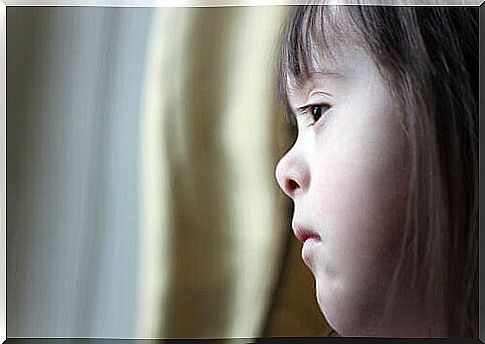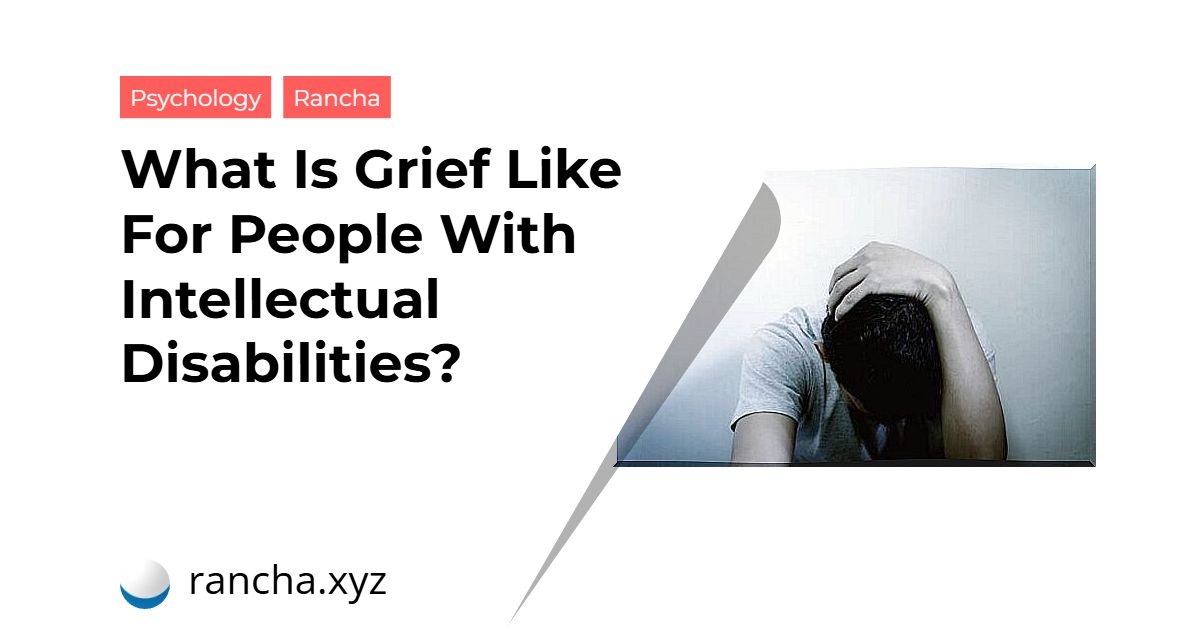The birth of a child with some kind of disability is a big impact on any family. It is always something unexpected, often perceived as strange and rare, which breaks all expectations of the desired child. As the child grows, different resources and different types of support are very much needed.
In most cases, however, families are not prepared to respond to all the consequences of having a child with special needs. One of those needs has to do with communication, especially when we have to give them some bad news.
Every parent who has a child with an intellectual disability has asked themselves a question from the day they discover their child’s condition: what will happen to him when I am no longer here?
Phases and types of grief in people with intellectual disabilities
Most authors agree that the grieving process goes through different phases or stages. Mourning for people with intellectual disabilities meets this same standard. These phases range from initial impact to definitive recovery, or until the problem becomes chronic. Therefore, we can organize the evolution in these 4 phases below:
- Initial impact : perplexity and shock. The main symptoms are denial, disbelief and panic at the situation.
- Anger and guilt : characterized by the presence of the idea of punishing oneself, feeling of anger, searching for the guilty and abandonment.
- Disorganization of the world, despair and isolation : resistance to returning to normal life, feeling of weakness and a strong tendency towards isolation.
- Affirmation of reality and recovery : the person comes back to life with hope. Although there are moments marked by pain – which generally coincide with important dates such as birthdays, when we have the feeling of returning to phases that have already been overcome, the person faces reality thanks to the previous elaboration of the loss.

As for the types of grief, we can distinguish two basic ways of reacting to a situation of loss: normal and pathological. What will distinguish these two basic types will be the intensity and duration of symptoms, as well as the degree to which the person’s daily life is affected.
Normal grief comes to an end when a person has reached the last phase of the process, having gone through all of the previous phases, so that he will be in a position to regain emotional stability. This allows us to regain hope and face problems. On the contrary, pathological grief can happen in two ways:
- Complicated or unresolved : when the person gets stuck in one of the phases and experiences the loss very intensely, or, on the contrary, lives it with an apathetic or null intensity, as if under anesthesia.
- Psychiatric grief : is the one in which symptoms appear compatible with a possible diagnosis of a psychiatric disorder.
How to deal with grief in people with intellectual disabilities?
Some general behavioral criteria can help guide and channel the expressions of sadness and despair that often accompany grief reactions. Although we always have to take into account the characteristics of each person’s personality and the degree of intellectual disability, these criteria will always be important.
Once any loss has occurred, to avoid reactive behavior, the actions to take would be as follows:
- When and how to break the news? Although it is very painful and difficult, it is better to report what happened as soon as possible. It is best to do it simply, with few words and using language that is easy to understand.
- It is recommended to motivate the person to speak and ask questions. Showing concern about what the person with a disability is feeling, without being afraid to name or talk about the deceased person.
- Provide information about death or loss in a clear, simple and straightforward way, to help understand that these are situations that we cannot choose or control.
- Helping to recognize that what the person is feeling are symptoms of the grieving process, and that little by little they will go away.
- Individualized attention : keeping in mind the individual’s personal characteristics, their particular history, previous responses to situations of loss and what worked or not to address the topic.
- Keep in mind that it’s okay to keep memories such as photos, letters, etc. It can be useful to create an album or a memory box that allows her to relive certain moments whenever she wants to.
- In the event of the death of people close to you, let them participate as much as possible in rituals and events related to the death. It is important for them to know in advance how all events are going to unfold.
- Have the person with a disability follow their routine and all their daily activities as normal, at least as much as possible.

Definitely, one of the biggest concerns of the families of people with intellectual disabilities is what will happen when they die, who will take care of their child, if they will be treated well, if they will be alone, etc. It is true that these are questions that no one can answer, because the future is always uncertain.
However, we can anticipate certain important decisions so that other people do not make them differently or opposite to what we would like. This can make a difficult time, as is the time of mourning, a little less traumatic.
 rancha.xyz Be free to choose their own route to self-knowledge, health and balance of body and soul.
rancha.xyz Be free to choose their own route to self-knowledge, health and balance of body and soul.




